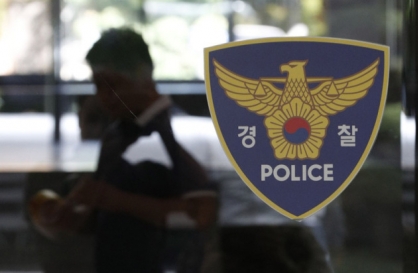Only one-third of overseas medical school graduates become doctors
By Lee JaeeunPublished : Oct. 5, 2023 - 14:52

Only one-third of graduates from overseas medical schools have obtained medical licenses in Korea, despite these institutions gaining recognition as an alternative path to becoming a doctor without entering more competitive domestic medical schools.
Rep. Shin Hyun-young of the main opposition Democratic Party of Korea, a member of the National Assembly's Health and Welfare Committee, on Thursday presented the latest data on medical school graduates who completed their education between 2005 and June this year.
The information, compiled by the Ministry of Health and Welfare, offers insight into the current situation of overseas medical school graduates, especially in light of the growing trend of aspiring doctors pursuing their education abroad to avoid the intense competition for admissions to domestic medical schools.
But only 33.5 percent of overseas medical school graduates have managed to pass the state licensing exam and acquire a domestic doctor's license.
The passage rate for overseas medical school graduates is significantly lower than that of their counterparts who graduated from local medical schools. Domestic medical school graduates achieved pass rates of 97.6 percent and 95.9 percent in the first and second halves of the previous year, respectively.
Following their studies at foreign medical schools acknowledged by the Korean government, Korean nationals can obtain their medical license in Korea after passing two examinations. The Ministry of Health and Welfare has recognized 159 universities abroad in 38 countries, as of June.
Graduates from those schools are required to pass a separate preliminary exam as a prerequisite for eligibility to take the state licensing exam. Once they pass the state licensing exam, they can attain a domestic doctor's license.
According to the data, only 55.4 percent of overseas medical school graduates passed the preliminary exam.
By country where the approved overseas medical schools are located, the rate of graduates passing the preliminary exam from British medical schools was highest at 85.2 percent, followed by those from Australian medical schools with 61.1 percent, Paraguayan medical schools with 60 percent and those from Hungarian medical schools with 58.2 percent, while those from Japanese medical schools reported 40 percent and those from American medical schools stood at 30.4 percent.
Even for those who passed the preliminary exam, it was found to be more challenging to pass the state licensing exam.
Specifically, the rate of overseas medical school graduates obtaining a domestic doctor’s license by country was 70.4 percent from British medical schools, 50 percent from Paraguayan medical schools and 47.9 percent from Hungarian medical schools. It was only 26.7 percent from Japanese medical schools and 14.2 percent from American medical schools.






![[KH Explains] Can tech firms' AI alliances take on Nvidia?](http://res.heraldm.com/phpwas/restmb_idxmake.php?idx=644&simg=/content/image/2024/05/07/20240507050619_0.jpg&u=)


![[Grace Kao, Meera Choi] Has money displaced romance on dates?](http://res.heraldm.com/phpwas/restmb_idxmake.php?idx=644&simg=/content/image/2024/05/06/20240506050233_0.jpg&u=)








![[K-pop’s dilemma] Time, profit pressures work against originality](http://res.heraldm.com/phpwas/restmb_idxmake.php?idx=652&simg=/content/image/2024/05/08/20240508050705_0.jpg&u=20240508171126)
![[Today’s K-pop] NCT Dream to drop pre-release from 2nd Japan single](http://res.heraldm.com/phpwas/restmb_idxmake.php?idx=642&simg=/content/image/2024/05/08/20240508050725_0.jpg&u=)